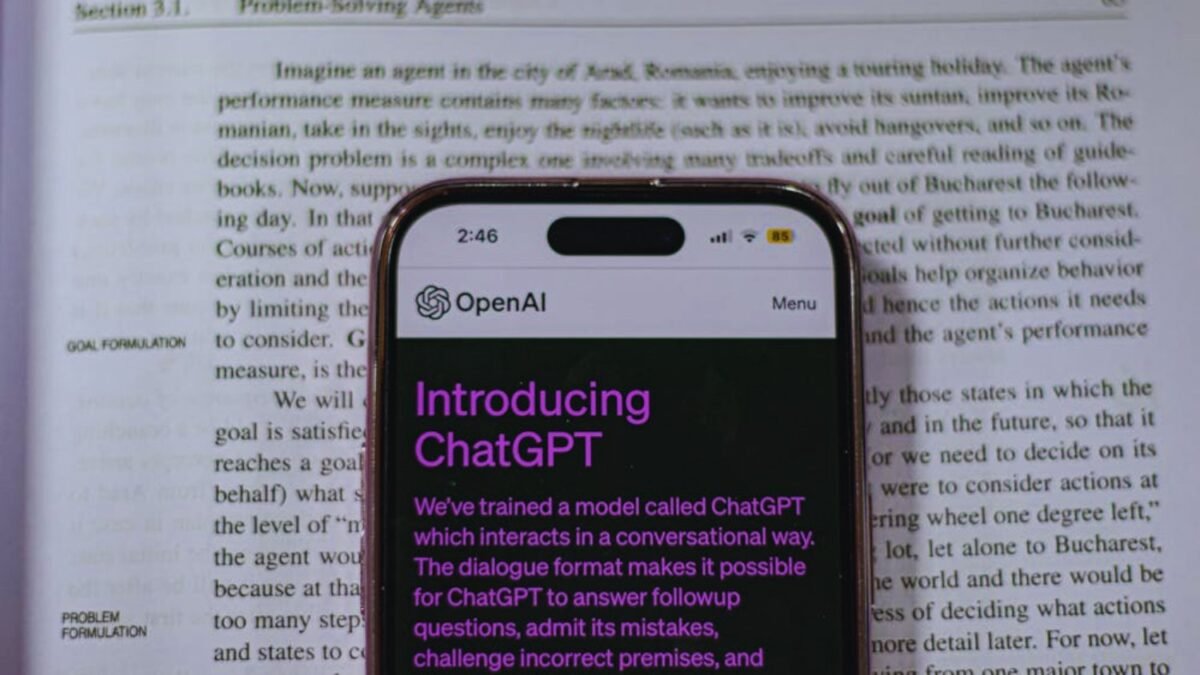They Embrace It: Nearly Every Young Person Utilizes Artificial Intelligence for Studying

For adolescents and college students born between the late nineties and the beginning of the new millennium, AI is a daily tool integrated into academic life. A recent study reveals the widespread use of AI tools among students, raising urgent questions about its impact.
A new normality in digital classrooms

In the US, 97% of surveyed students have already used AI tools in educational contexts. Out of over 12,000 young people surveyed, two-thirds stated they use AI tools, with more than half using them to prepare for exams and a third even using them to write complete essays before entering college.
For many, these applications not only speed up processes but also optimize resources. Some students combine up to six tools at once, integrating them as an extension of their school routine.
As expected, there are viral tutorials showing how to automate tasks or write essays in minutes. What used to be considered cheating is now seen as digital efficiency.
Smart shortcut or loss of critical thinking?

However, not all feedback is positive. Experts have warned about the side effects of intensive AI use in learning. According to a recent study, students who rely on AI tools for tasks like writing reduce their brain activity, affecting their analytical skills and deep understanding.
Instead of advocating against technology, the report highlights a structural issue. Richard Clark from Georgia Tech summarizes it by saying, “It’s not about blaming the students but about reshaping the system. We continue to evaluate as if it’s the 20th century, but we live in a different paradigm.”
A dilemma that is just beginning
The use of AI in education appears to be more than just a passing trend; it signifies a profound cultural shift. While digital tools can democratize access to knowledge, they also force us to rethink what true learning really means. The future of education hinges on this dilemma.




